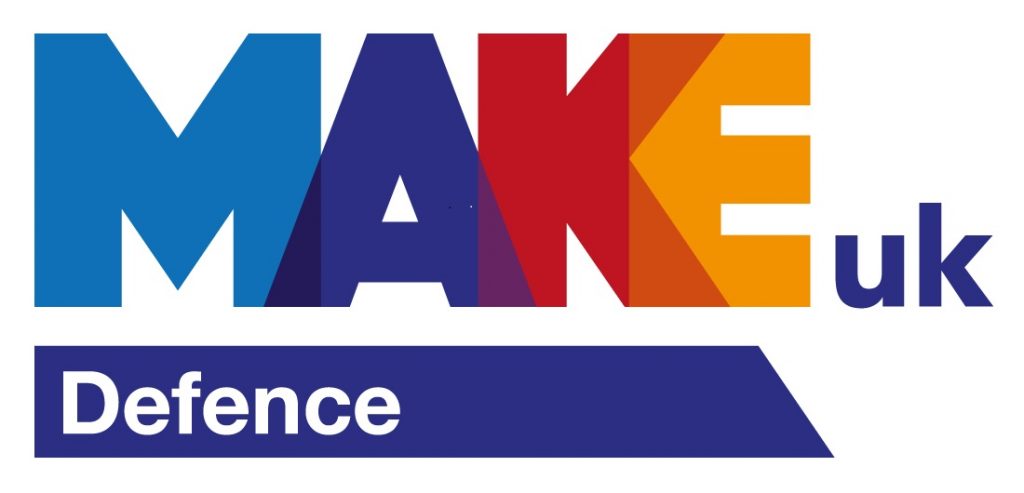In the fast-paced business environment of the UK, leaders are often faced with complex challenges that require immediate and effective solutions. However, not all business leaders respond in the same way to these challenges.
A closer look at the neuroscience behind these differences in response reveals that factors such as anxiety, imposter syndrome, and the perceived time-consuming nature of certain tasks play significant roles.
Anxiety and the Fear of Failure
Anxiety is a common yet powerful emotion that can significantly impact decision-making processes. Neuroscientifically, anxiety triggers the amygdala, the brain’s fear center, which can override the prefrontal cortex, the area responsible for rational thinking and decision-making. When business leaders face challenges, the fear of potential failure can activate their amygdala, leading to a fight-or-flight response. This response often results in avoidance behavior, where leaders might procrastinate or completely avoid addressing the issues at hand.
The fear of failure is not just about personal loss but can also be tied to the fear of losing the respect and trust of employees, investors, and other stakeholders. This social anxiety is rooted in our evolutionary history, where social acceptance was crucial for survival. For a business leader, the prospect of making a wrong decision can be paralysing, leading them to shy away from confronting significant challenges.
Imposter Syndrome and Self-Doubt
Imposter syndrome, a psychological pattern where individuals doubt their accomplishments and fear being exposed as a “fraud,” is another barrier for business leaders. Neuroscientific research indicates that this syndrome can be linked to increased activity in the Limbic system, a region of the brain associated with self-awareness and emotional regulation. When a leader experiences imposter syndrome, this heightened activity can cause them to second-guess their abilities and decisions.
This self-doubt can be particularly crippling in high-stakes business environments. Leaders who constantly question their competence may avoid tackling difficult challenges to prevent potential exposure of their perceived inadequacies. The paradox here is that these leaders are often highly capable and experienced, yet their internal struggles undermine their ability to act confidently.
Perceived Time Constraints and Cognitive Load
The belief that strategic tasks, such as writing a comprehensive business strategy, are excessively time-consuming is another reason why leaders might avoid them. The brain’s prefrontal cortex, which handles complex cognitive tasks, can be overwhelmed by what’s known as cognitive load. When leaders perceive a task as too large or complicated, this cognitive load can trigger a stress response, making the task seem even more daunting.
Moreover, in a constantly changing business landscape, leaders might prioritise immediate, smaller tasks over long-term strategic planning. This phenomenon is related to the brain’s reward system, governed by the neurotransmitter dopamine. Immediate tasks often provide quick feedback and rewards, while strategic tasks may take longer to yield visible results. The brain is wired to favor activities that offer immediate gratification, leading leaders to postpone or neglect essential but time-intensive challenges.
Overcoming the Barriers
Understanding the neuroscience behind these barriers is the first step in overcoming them. Here are a few strategies that can help business leaders tackle their challenges more effectively:
1. Mindfulness and Stress Reduction: Practices such as mindfulness meditation can help reduce anxiety by calming the amygdala and enhancing the function of the prefrontal cortex. This can lead to more rational decision-making and a greater willingness to face challenges.
2. Building Confidence and Competence: Leaders can combat imposter syndrome by acknowledging their achievements and seeking constructive feedback. Mentorship and professional development programs can also provide the support needed to bolster self-confidence.
3. Breaking Down Tasks: To manage cognitive load, leaders can break down strategic tasks into smaller, manageable steps. This approach makes the task less overwhelming and allows for incremental progress, which can be more motivating.
4. Balancing Immediate and Long-Term Goals: Leaders should strive to balance their focus between urgent tasks and long-term strategies. Setting aside dedicated time for strategic planning can ensure that these critical activities receive the attention they deserve.
By leveraging these strategies, business leaders can mitigate the neurological barriers that hinder their ability to confront challenges, leading to more effective leadership and organizational success. Understanding and addressing the underlying neuroscientific factors can pave the way for more resilient and proactive business leadership in the UK.






